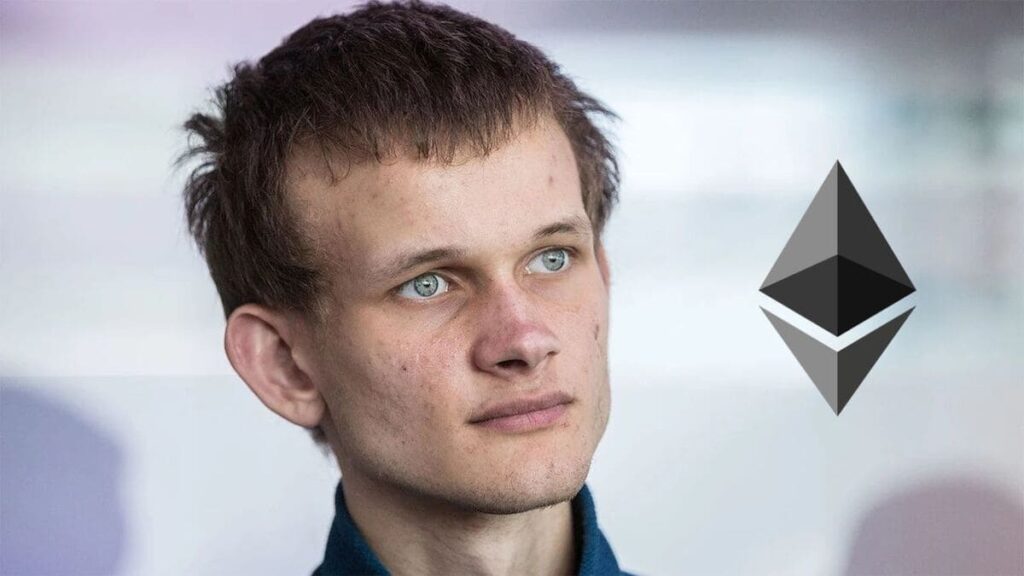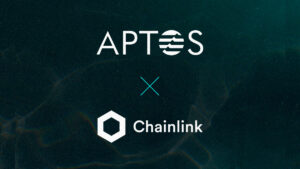TL;DR
- Vitalik Buterin proposes EIP-7706 to reform gas fees on Ethereum. It aims to address the high costs of blockchain usage.
- The proposal introduces a third type of fee exclusively for transaction call data.
- A significant reduction in transaction costs is expected for operations involving large amounts of data, NFTs, and complex smart contracts.
Vitalik Buterin, the co-founder of Ethereum, has presented an innovative proposal aimed at transforming gas fees on the world’s most used blockchain network. His proposal, known as EIP-7706, seeks to tackle one of ETH’s most persistent challenges: high transaction costs.
Currently, transactions on Ethereum involve two types of gas fees: one for the transaction execution itself and another for storing data on the blockchain. However, this structure has significant limitations, especially for transactions involving large amounts of data but not requiring a lot of computational power.
Buterin’s proposal introduces a third type of gas fee exclusively for transaction call data. This innovation would allow the network to more accurately charge for resource usage, separating costs associated with smart contract execution from costs related to data transfer.
By adopting this new gas fee model, a significant reduction in transaction costs is expected for operations involving large amounts of data, such as non-fungible token (NFT) transfers or complex interactions with smart contracts.
Does Buterin Find the Solution to Ethereum’s Big Problem?
Implementing Buterin’s proposal would require a complete overhaul of how gas fees are managed on the network. Instead of having separate mechanisms for transaction execution and data storage, a more unified approach is proposed that treats call data as a separate entity with its own fee structure.
One crucial aspect is its potential impact on Ethereum’s scalability. By reducing costs associated with heavy data operations, it is expected that the network can handle a higher volume of transactions without significantly increasing costs for users.
If Vitalik’s proposal is accepted by the community, it could lead to the development of a more efficient and accessible network. However, it remains to be seen exactly how this new fee structure will be implemented and how it will affect the various actors within the ecosystem.










